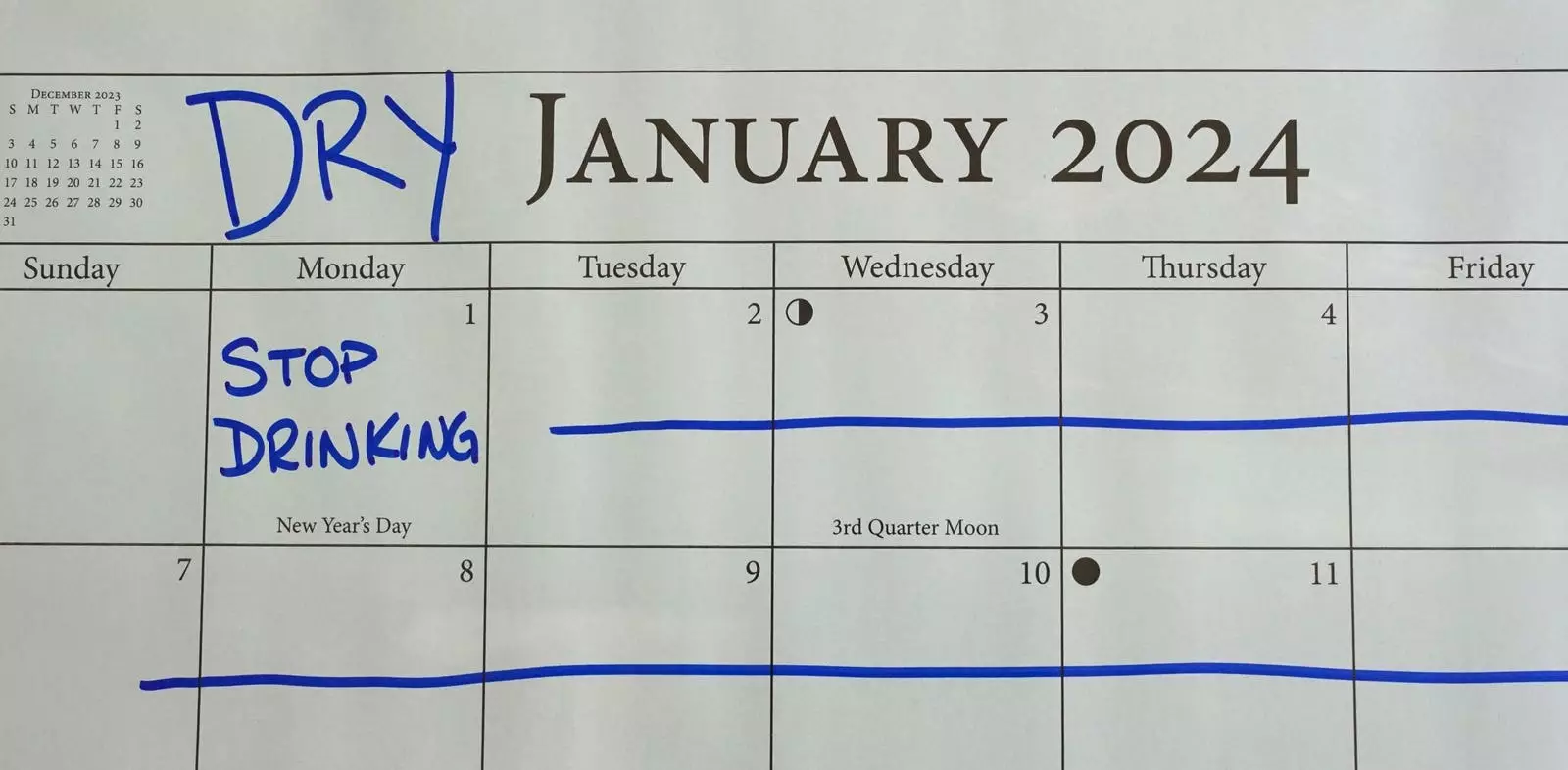The landscape of beer consumption is undergoing a seismic shift marked by the surging popularity of non-alcoholic (NA) beers. Once a niche market characterized by a limited range of offerings and subpar flavors, non-alcoholic beers now boast an impressive variety that rivals their alcoholic counterparts. This transformation is due largely to advancements in brewing and de-alcoholization technologies, which have enabled breweries to produce NA beers that capture the essence of traditional beers. As craft breweries adapt to changing consumer preferences, the rise of non-alcoholic craft beers is becoming an essential element of the industry narrative.
While the overall craft beer sector is facing challenges, the non-alcoholic segment is enjoying prolific growth. Athletic Brewing, a pioneer in the exclusive production of non-alcoholic beers, is a prime case study of this trend. According to the Brewers Association, Athletic Brewing is now the tenth largest craft brewery in the United States. Other established breweries are also beginning to innovate within this space, launching their own non-alcoholic variations in response to increasing demand.
Sierra Nevada, revered for its iconic Pale Ale, is one such brewery that made a notable entrance into the non-alcoholic sector with its Trail Pass line. Initially, they released Trail Pass IPA and Trail Pass Golden, both of which quickly gained traction. A year later, the lineup expanded to include Trail Pass Hazy IPA and Trail Pass Brewveza. Significantly, Sierra Nevada achieved a groundbreaking milestone by introducing the first national non-alcoholic beer variety pack, showcasing their commitment to crafting flavorful beer options that cater to a broader audience.
What differentiates these non-alcoholic beers from earlier iterations is not just their improved flavor, but also the innovative techniques employed in their production. Firestone Walker Brewing from Paso Robles, California, exemplifies this evolution. Known originally for their unique brewing methods, including the double-barrel fermentation process, the brewery has now reimagined one of its most successful beers. In 2024, Firestone Walker launched 8ZERO5, a non-alcoholic iteration of its popular 805 brand. This move not only reflects the brewery’s adaptability but also highlights its role in shaping the non-alcoholic beer market.
Deschutes Brewery, a forerunner established in Oregon since 1988, offers another compelling example. The brewery has long influenced trends in the craft beer community. More recently, they partnered with Patagonia Provisions to incorporate Kernza, a sustainable grain, into their beer production. The result is a singular offering: the only non-alcoholic Kernza beer globally, which has already earned accolades, including a Gold Medal for Specialty Non-Alcohol Beer at the Great American Beer Festival. This initiative underscores the potential for non-alcoholic beers to not only offer delicious flavors but to also promote sustainability in brewing practices.
As major players in the craft beer arena expand their offerings, the non-alcoholic category gains legitimacy and enhances its appeal. Boston Beer Company, the second-largest craft brewery in America known for the Samuel Adams line, has made its foray into this segment with a crisp golden lager crafted with its signature blend of malts and imported hops. Their entry is emblematic of a broader movement where renowned breweries are acknowledging the importance of non-alcoholic alternatives.
Even globally recognized brands like Heineken have entered the fray with Heineken 0.0, which utilizes the same quality ingredients as its original beer. This product has garnered respect within the industry for closely mimicking the taste of traditional beer while maintaining a commitment to quality brewing processes. Esteemed beer journalist John Holl’s endorsement of Heineken 0.0 further validates the strides made in this sector, heralding it as a significant choice for consumers seeking to reduce their alcohol intake without sacrificing flavor.
The rise of non-alcoholic beer reveals a compelling narrative of innovation, adaptation, and consumer-driven change in the craft brewing industry. With a diverse array of options from reputable breweries, these beverages are no longer viewed merely as alternatives but are celebrated for their distinct flavors and quality. As technologies continue to evolve, and as consumer preferences shift further toward health and wellness, the future of non-alcoholic beer looks bright. The story of non-alcoholic craft beer is not merely about a trend but a genuine evolution within the broader beer culture—balancing tradition with modern sensibilities and paving the way for an increasingly inclusive beer experience.


Leave a Reply